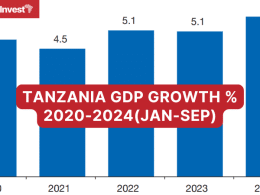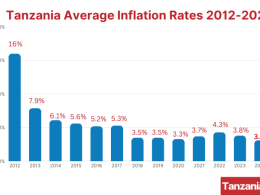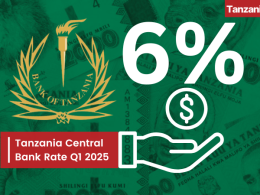EY Tanzania will hold a training session on the effective ways to manage the tax audit process prior to issuance of the assessment, and objections and appeals process.
The training will take place in the Colosseum Hotel Oysterbay at 79 Haile Selassie Rd in Dar es Salaam, on December 15th, 2016.
Expected attendees include Chief Financial Officers, Finance Directors and Managers, Accountants, Lawyers, Tax Directors and Managers.
Attendance should be confirmed by December 7th, 2016 to Adella Macha at Adella.Macha@tz.ey.com or Tel: +255 22 292 7868.
The training fee is USD250 + 18% VAT per person which includes Certificate of Attendance and breakfast.
Payment should be made to the EY bank account No. 100827037, Citibank Tanzania, Swift Code is CITITZTZ.
A proforma invoice will be sent upon confirmation of attendance and the final invoice will be sent upon receipt of payment.










